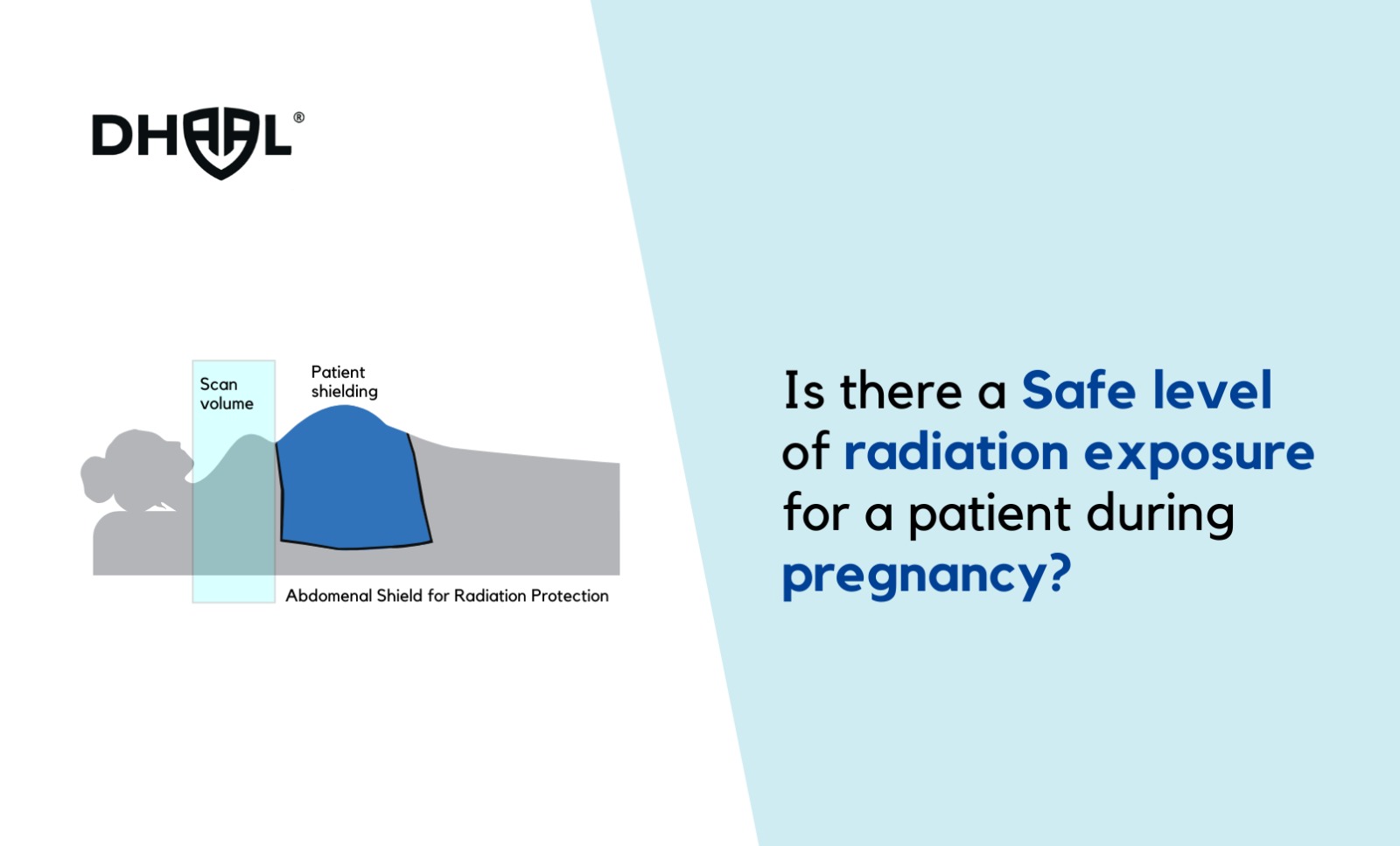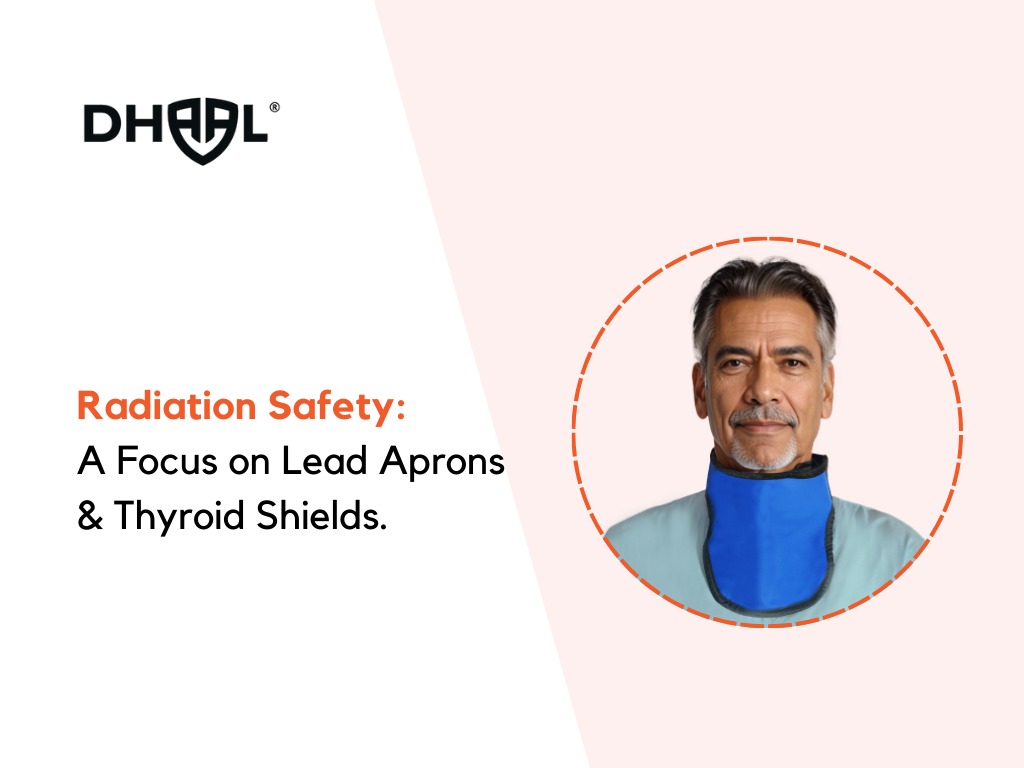
Particularly in environments where there is exposure to X-rays or other types of radiation. Here’s a comprehensive look at what lead glasses are, and why and when they should be worn:
What Are Lead Glasses?
- Description:
- Composition: Lead Goggles are fitted with lenses that contain lead or lead-equivalent materials, which provide radiation protection. The lead content in the lenses is designed to absorb and block ionizing radiation, thus protecting the eyes from harmful exposure.
- Design: They are designed to look similar to regular eyeglasses but with additional features for radiation protection. The frames are typically constructed from durable materials to support the leaded lenses.
- Types:
- Lead-Lined Lenses: Lenses are directly infused with lead or lead-equivalent materials.
- Lead-Coated Lenses: Lenses are coated with a layer of lead or lead-equivalent material.
Why Wear Lead Glasses?
- Protection from Radiation:
- Ionizing Radiation: Lead glasses are specifically designed to protect against ionizing radiation, such as X-rays and gamma rays. These types of radiation can be harmful to sensitive tissues, including the eyes.
- Eye Protection: The eyes are particularly vulnerable to radiation exposure, which can increase the risk of cataracts, retinal damage, and other vision problems.
- Health and Safety Compliance:
- Regulatory Requirements: In many medical and industrial settings, regulations require the use of protective eyewear to minimize radiation exposure. Wearing lead glasses helps ensure compliance with these safety standards.
- Risk Reduction: Regular use of lead glasses reduces the risk of cumulative radiation exposure, which is important for long-term health and safety.
When to Wear Lead Glasses?
- During Radiographic Procedures:
- Medical Imaging: When performing or assisting with radiographic procedures such as X-rays, CT scans, or fluoroscopy, wearing lead glasses is crucial to protect the eyes from scattered radiation.
- Dental Radiography: Dentists and dental hygienists should wear lead glasses during dental X-rays to safeguard their eyes from radiation.
- In Interventional Radiology:
- Procedures: During procedures involving fluoroscopy or other imaging techniques that require real-time X-ray guidance, lead glasses provide necessary protection from radiation scattered in the room.
- In Nuclear Medicine:
- Handling Radioactive Materials: Professionals working with radioactive substances or equipment in nuclear medicine should wear lead glasses to protect against radiation exposure.
- In Industrial Radiography:
- Inspection and Testing: Individuals involved in industrial radiography, such as inspecting welds or other materials using X-rays, should wear lead glasses to protect their eyes from radiation.
- In Research and Development:
- Radiation Facilities: Researchers working with radiation-producing equipment or materials should use lead glasses to ensure their eyes are protected from potential exposure.
Choosing the Right Lead Glasses
- Radiation Protection Level:
- Lead Equivalence: Ensure that the lead glasses provide adequate lead equivalency, typically measured in mmPb (millimeters of lead), to effectively shield against the radiation levels encountered.
- Comfort and Fit:
- Design: Select glasses that offer a comfortable fit and are suitable for extended wear. They should provide good coverage without causing discomfort.
- Lens Clarity:
- Visibility: Ensure the lenses provide clear vision without distortion, as this is important for both safety and effectiveness in the workplace.
- Durability:
- Construction: Opt for lead glasses with durable frames and lens coatings to withstand regular use and maintain their protective qualities over time.
Conclusion
Lead glasses for radiation are a critical component of radiation protection for professionals working in environments where ionizing radiation is present. They safeguard the eyes from harmful radiation, ensuring long-term eye health and compliance with safety regulations. Wearing lead glasses during relevant procedures and in radiation-exposed environments is essential for minimizing health risks and maintaining a safe working environment.



